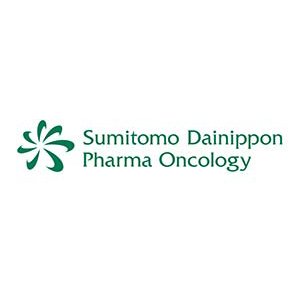
SDP Oncology Presents Data Evaluating Alvocidib in Patients with Acute Myeloid Leukemia and Other Updates on Development Programs at ASH 2020
December 11, 2020
Lehi-based Sumitomo Dainippon Pharma Oncology (SDP Oncology) recently presented new data from the Phase 2 Zella 201 study evaluating the investigational agent alvocidib, a potent CDK9 inhibitor, in patients with MCL-1 dependent acute myeloid leukemia (AML). These results were presented at the 62nd American Society of Hematology Annual Meeting, which was held virtually December 5-8, 2020.
Preliminary findings from the open-label, randomized, multicenter study indicated that alvocidib was well tolerated with a manageable safety profile in combination with cytarabine and mitoxantrone in an exploratory arm of patients with newly diagnosed, high-risk MCL-1 dependent AML.
SDP Oncology also presented details regarding the trial design of a Phase 1 study evaluating TP-3654, a PIM kinase inhibitor, in patients with intermediate-2 and high-risk primary or secondary myelofibrosis. In addition, SDP Oncology and its parent company, Sumitomo Dainippon Pharma Co. Ltd., presented Phase 1 data evaluating alvocidib in combination with cytarabine and mitoxantrone in patients with relapsed/refractory AML or cytarabine and daunorubicin in patients with newly diagnosed AML. Finally, preclinical data evaluating how dubermatinib (TP-0903), an oral AXL kinase inhibitor, modulates the effects of CART19 were presented.
“These findings presented at the ASH Annual Meeting represent the first data evaluating the clinical activity of alvocidib in patients with newly diagnosed, high-risk, MCL-1-dependent AML,” said Patricia S. Andrews, CEO and Global Head of Oncology, SDP Oncology. “The completion of this study marks a milestone for SDP Oncology as we continue to learn more about the optimal patient population that may benefit from alvocidib. The breadth of updates we presented at ASH 2020 from across our pipeline demonstrate our commitment to advancing purposeful science by transforming new discoveries into meaningful therapeutic options for patients with cancer.”